Cleaning methods from decades ago often relied on simple, natural ingredients and practical techniques that stood the test of time. These approaches might seem basic compared to today’s products, but they can still offer effective and affordable solutions for keeping your home tidy.
You’ll find that many of grandma’s cleaning hacks not only save money but also reduce the need for harsh chemicals and complicated routines. By revisiting these tried-and-true tips, you can make your cleaning easier and more efficient without sacrificing results.
White vinegar and newspaper for streak-free glass cleaning

You can mix white vinegar with water to create a simple and effective window cleaner. Just combine about a cup of vinegar with a gallon of cool water in a spray bottle.
Instead of using paper towels, try wiping your windows with crumpled newspaper. It helps prevent streaks and leaves the glass clear.
This method works well for windows and car windshields, especially when you want a quick, affordable solution. Give it a try next time your glass needs cleaning.
Bar soap in a sock drawer to keep clothes fresh
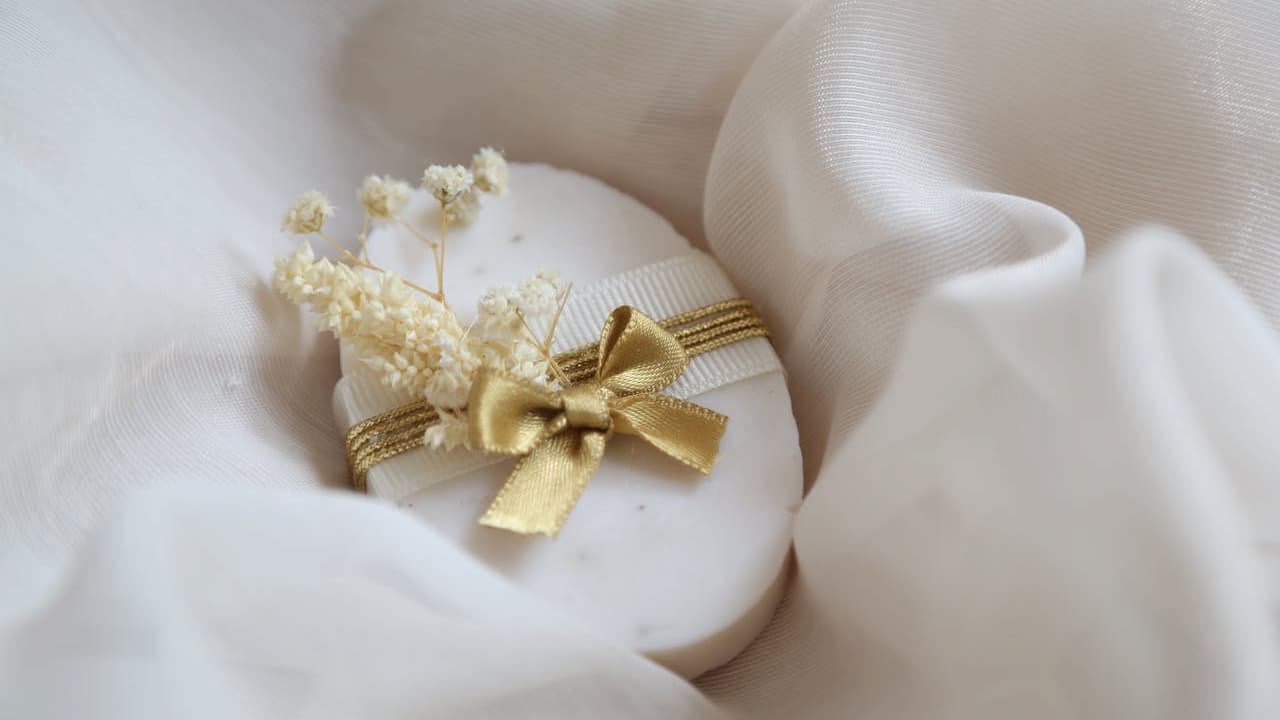
You can keep your sock drawer smelling fresh by placing a bar of soap inside. The gentle scent from the soap helps neutralize odors over time without being overwhelming.
If you want, grate the soap and put the shavings into a small pouch to avoid direct contact with clothes. This trick works well with most bar soaps and can last for months.
Lemon juice for polishing and stain removal

You can use lemon juice to polish metal surfaces like brass and copper. Its natural acidity helps remove tarnish, leaving your items looking brighter.
For stubborn stains on countertops or cutting boards, apply lemon juice and let it sit for a few minutes. Then, scrub gently to lift the stain without harsh chemicals.
Lemon juice also works well to brighten white fabrics. Add some to your laundry or apply directly on spots before washing.
Soaking cookware in baking soda and water to lift grime

You can easily refresh your pots and pans by soaking them in a simple mix of baking soda and warm water. Baking soda gently breaks down baked-on grime without harsh chemicals.
Just dissolve a few tablespoons of baking soda in enough water to cover the cookware. Let it soak for at least 30 minutes. After soaking, grime will usually lift off more easily when you scrub.
Using salt to clean cast iron skillets

You can use coarse salt as a simple and effective way to clean your cast iron skillet. Just sprinkle a generous amount of salt on the pan while it’s still warm.
Then, scrub gently with a cloth or sponge to remove stuck-on food. The salt acts as a mild abrasive without damaging the skillet’s seasoning.
After scrubbing, rinse with warm water and dry thoroughly. This method saves time and helps keep your pan’s nonstick surface in good shape.
Washing windows on cloudy days to prevent streaks

When you wash your windows on a cloudy day, the glass stays cooler. This helps your cleaner dry more slowly and evenly.
If the sun is shining, the cleaner can dry too fast and leave streaks behind.
So, pick a day when the sky is overcast to give your windows the best chance at a streak-free shine.
Rinsing linens with tea to brighten colors
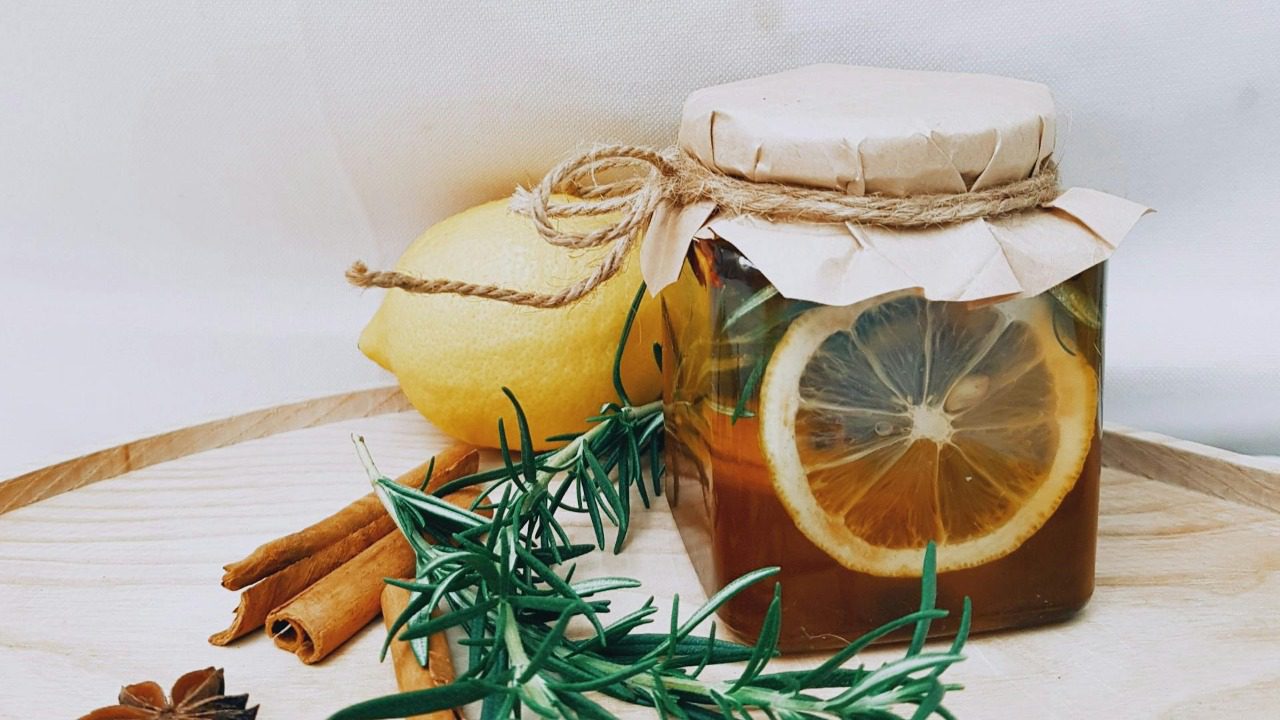
You can use brewed black tea as a natural rinse for linens to enhance and deepen their colors. Simply steep strong tea and let it cool before soaking your fabrics for a few minutes.
This method is gentle and helps refresh faded shades without harsh chemicals. It works especially well on darker linens like browns, deep reds, and greens.
After rinsing, wash the linens normally and air dry to see subtle color improvement. It’s an easy, budget-friendly way to keep your fabrics looking richer.
Stocking a rag bin for quick cleanups
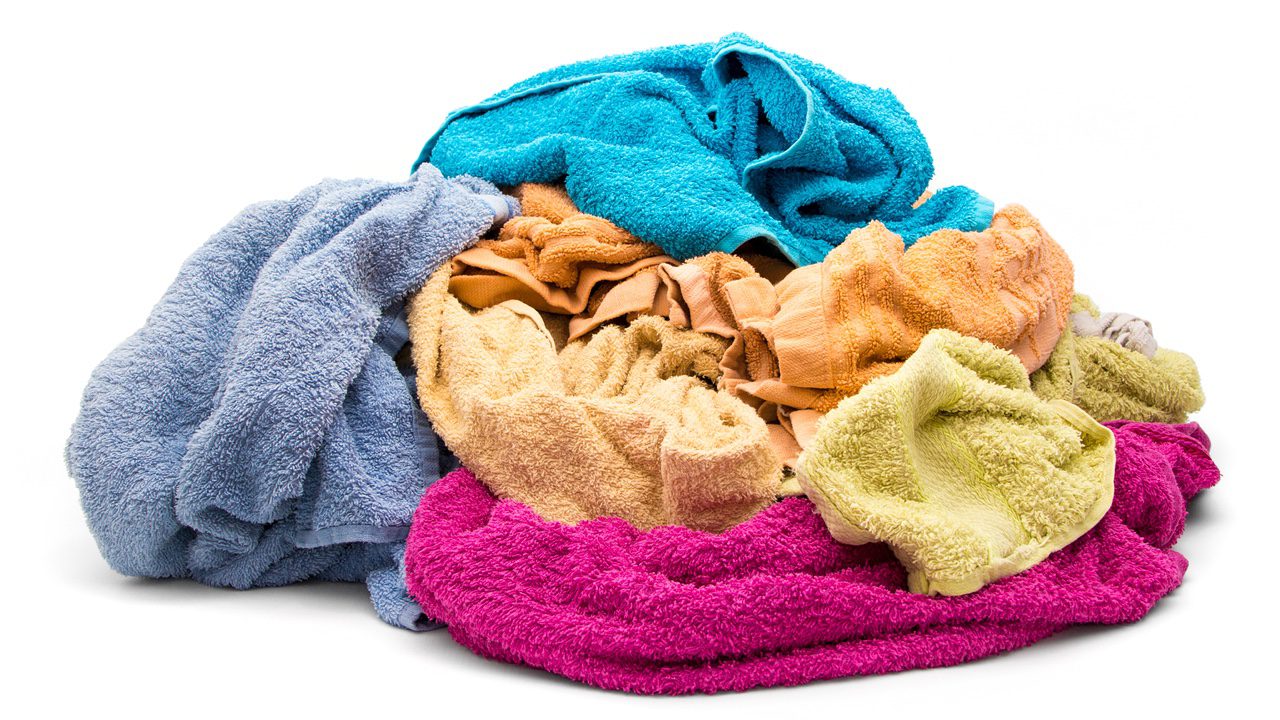
Keep a small bin or basket filled with old rags or worn-out clothes in an easily accessible spot. This way, you can grab a cloth quickly whenever spills or dust appear.
You won’t have to search for paper towels or wipes, making cleanup faster. Plus, using rags is eco-friendly and budget-wise since you’re reusing instead of tossing.
Having a dedicated rag bin keeps your cleaning supplies organized and ready for any mess.
Boiling vinegar to deodorize the kitchen
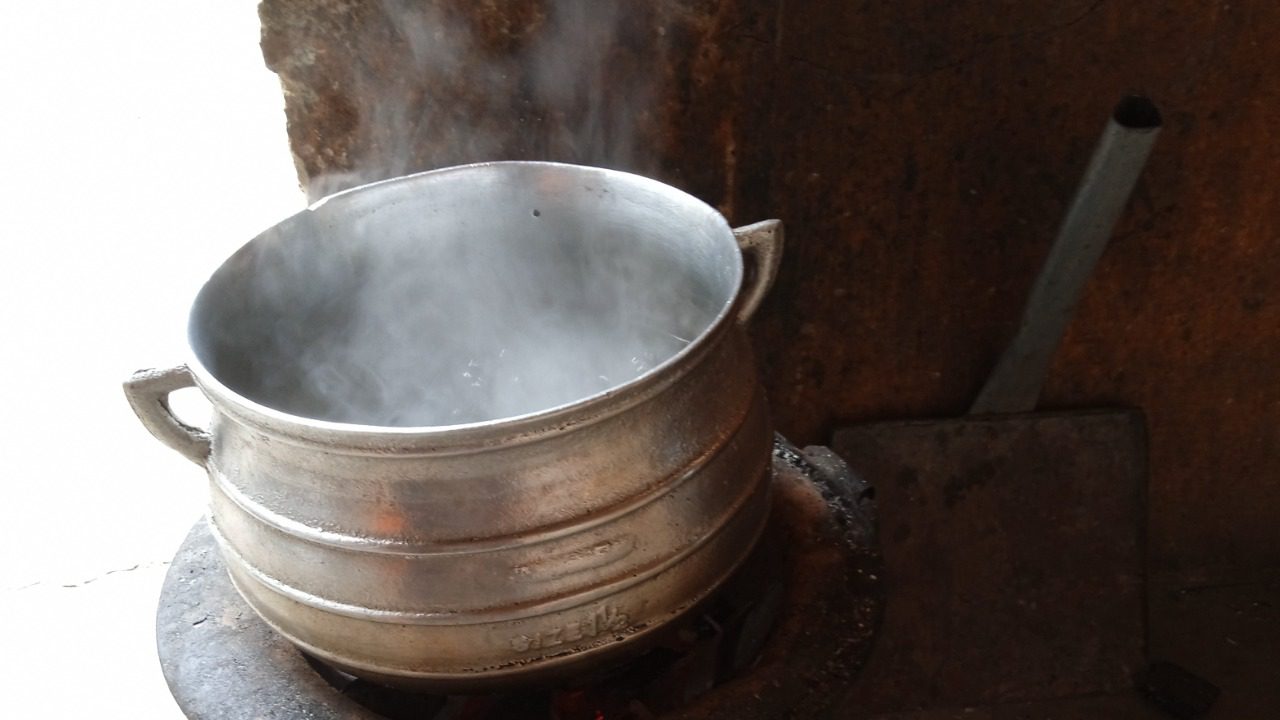
You can easily get rid of cooking odors by boiling white vinegar on your stove. The steam helps neutralize smells without using harsh chemicals.
Just pour a cup of vinegar into a pot, add some water, and let it simmer for 15 to 30 minutes. Keep your kitchen windows open to help fresh air circulate.
This simple method works well after frying fish, cooking strong spices, or when your kitchen feels stuffy.
Dusting ceiling fans with an old pillowcase

You can easily clean your ceiling fan blades using an old pillowcase. Slip the pillowcase over each blade and gently wipe away dust.
The pillowcase traps dust inside, preventing it from falling onto your furniture or floor.
This method saves you time and keeps mess to a minimum. It’s simple and effective with items you already have at home.
Deep cleaning with seasonal routines

You can break down deep cleaning into manageable tasks based on the seasons. This helps you stay organized and prevents feeling overwhelmed.
In spring, focus on freshening up your home by washing windows and airing out fabrics. Fall is a great time to clean gutters and prepare your home for colder months.
Following these routines keeps your home in good shape all year without needing all-day cleaning marathons.
Using cornstarch to absorb carpet stains

When you spill something greasy on your carpet, sprinkle cornstarch over the stain. Let it sit for 15 to 30 minutes so it can absorb the oil.
Afterward, gently vacuum or brush away the cornstarch. If the stain is still visible, dampen a cloth with cold water and blot carefully. Avoid rubbing, as this can spread the stain.
Rubbing lemon on cutting boards to remove odors

If your cutting board smells like onion or garlic, rubbing it with a lemon can help. The acid in lemon works to neutralize odors and sanitize the surface.
Sprinkle some coarse salt on the board first. Then use half a lemon to scrub the board in circular motions.
Let it sit for a few minutes before rinsing. This simple trick freshens up your wooden cutting board without harsh chemicals.
Sprinkling baking soda in trash cans to reduce smell
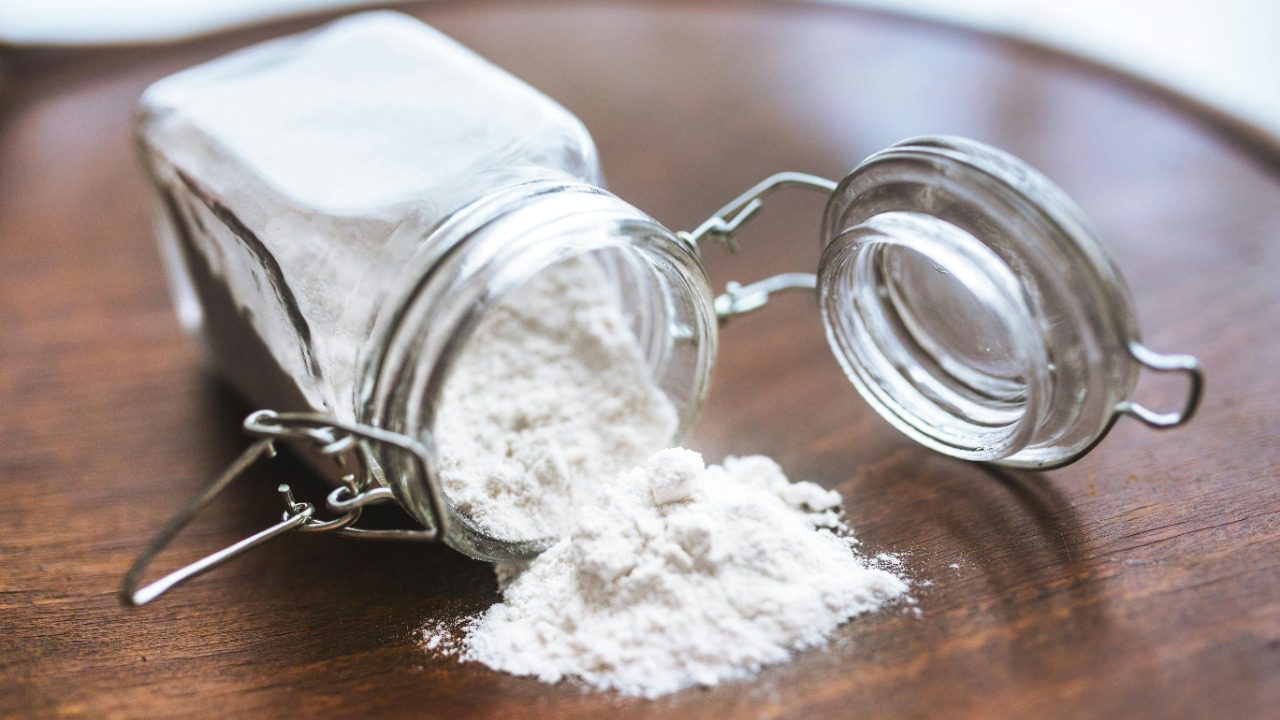
You can sprinkle a small amount of baking soda at the bottom of your trash can. It helps neutralize odors before they become strong.
Baking soda absorbs moisture and traps unpleasant smells. This makes your trash can less stinky between cleanings.
Try adding baking soda each time you change the bag. It’s an easy, inexpensive way to keep things fresher.














